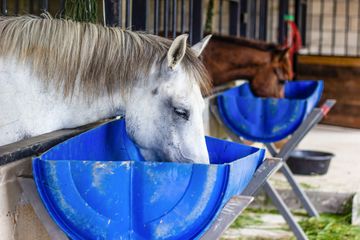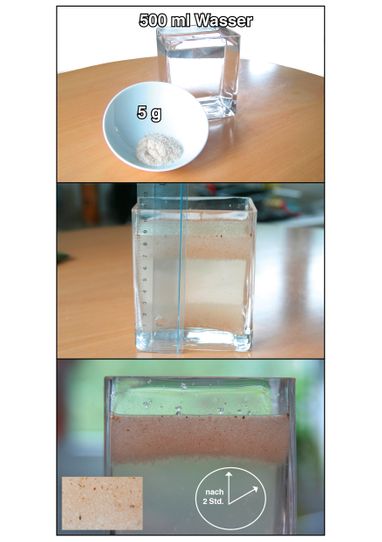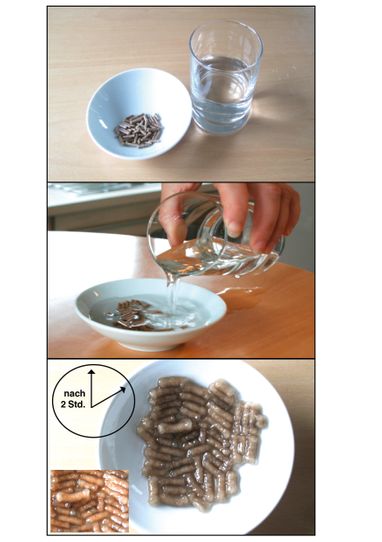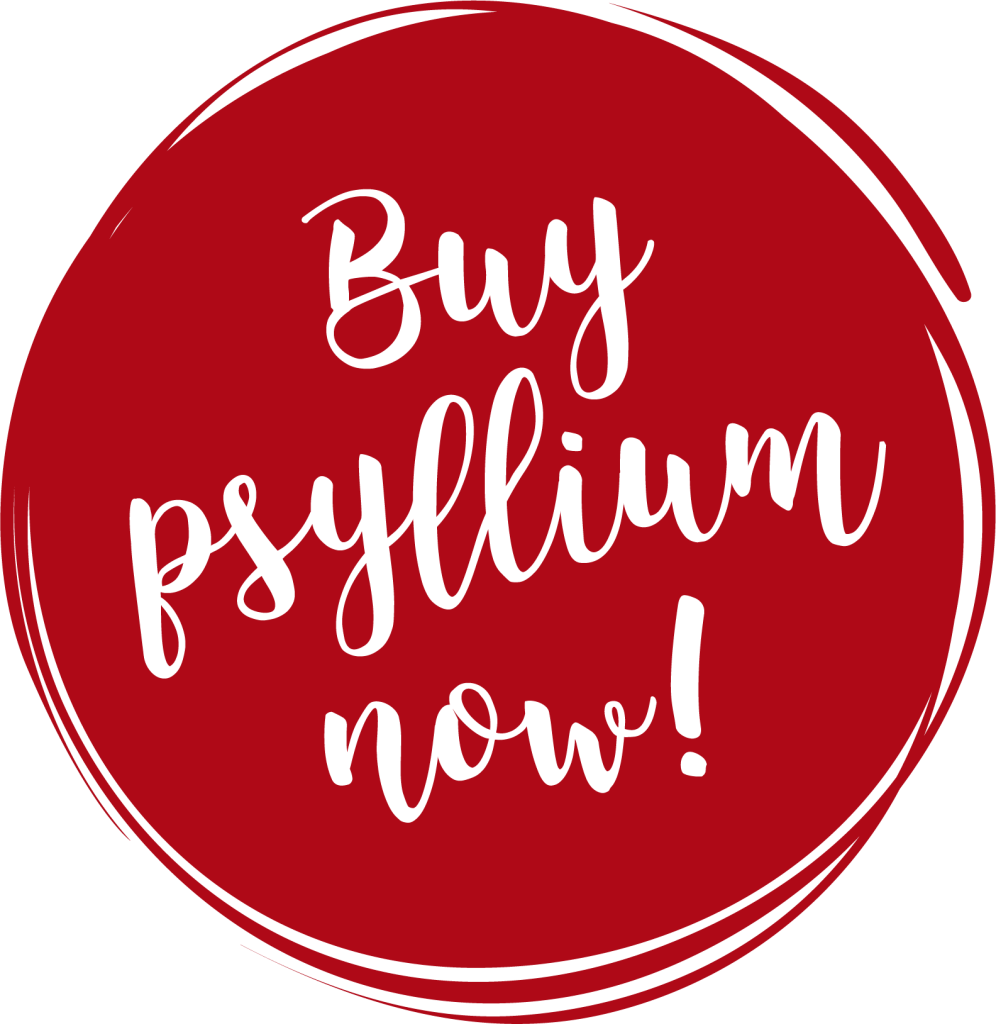Psyllium for animals
Applications for psyllium in animal feed
Pure and natural psyllium husk has been authorised by the EU as a straight feedstuff for all animal species. We offer a wide range of products for cats, dogs and horses that can have a positive effect on digestion.
Psyllium husk for horses: Psyllium seeds and husks can be also be successfully used in animals, especially horses. The mucilages bind sand deposits in the gastrointestinal tract. This makes it easier for horses to eliminate any sand they have ingested, which occurs mainly when paddocking or grazing. Horse owners are familiar with the problem. Depending on soil quality, grass types and the condition of the pastures, horses can ingest sand along with their feed. Over time, these deposits can accumulate in the digestive tract of the horse, causing indigestion or even severe colic. Psyllium husk, with its high swelling volume and water binding capacity, allows these deposits to be transported out with the feed.
Special horse feeds containing psyllium husk are already available. For example: Nature’s Best Mash, a combination of highly nutritional ingredients that have a significant influence on intestinal flora and elimination.
Recommended feed for large horses (about 600 kg)
Psyllium seeds and husk
Stir up to 50 g into around 1 litre of water, allow to swell for 20-40 minutes and then mix in a portion of concentrated feed, 1-2 times a day. Do not feed it dry!

Psyllium husk in pellet form:
We have succeeded in pelletizing psyllium husk without artificial additives while maintaining its swelling properties. The result is a tasty feed supplement that is easy to feed and very well accepted by horses.
Golden Peanut Akticolon® psyllium husk pellets
Our innovative premium product
Benefits:
• Highly concentrated formula – no swelling time
• 100% natural product, carefully processed
• Very well accepted due to firm, dust-free consistency of the pellets
• Great taste
• Swells immediately – saves time
• Food grade psyllium husk with high swelling capacity
• Smaller portions than psyllium husk
• Simple feeding with concentrated or wet feed
Difference between psyllium husk and Akticolon®
Feeding with Akticolon® is easy. The pellets are highly concentrated, so you don’t need to wait for the product to swell. Simply mix them into the concentrated or succulent feed. Since no waiting time is required, Akticolon® can be easily fed during the grazing period or to horses in open stalls.
Akticolon® swells inside the individual pellet, producing a slimy coating that does not increase the volume of the pellet. The pellets do not stick together when eaten by the horse. There is therefore no risk of choke.
Akticolon® psyllium husk pellets are better of horses than soaked psyllium husk because of their small size, which allows them to be mixed well into the feed. Acceptance is nearly 100% compared to psyllium husk. Soaked psyllium husk is often rejected by horses because it produces a large amount of slimy feed.
Composition:
Psyllium husk (96%), sugar beet syrup
| Ingredients | in %: |
|---|---|
| Crude protein | 64,5 |
| Crude fat | 29,5 |
| Crude fibre | 19,5 |
| Crude ash | 5,8 |
The pellets should be mixed into the concentrated feed.
For interval feeding over a period of 30 days:
Large horse (500 kg): 50-100 g daily
Pony, foals: 25-50 g daily
A measuring cup is included with the product.
1 heaping measuring cup equals approximately 40 g.
Available container sizes:
Item no. 01404-03
1.5 kg bucket
Item no. 01404-01
3 kg bucket
 | Golden Peanut feed swelling times Psyllium husk mixed with 500 ml of water After a swelling time of two hours, the entire contents of the container will form a slimy mass. |
 | Raw psyllium husk Add water to simulate what happens after the pellets are eaten. The volume remains more or less the same after two ours, but the pellets are now coated in a slimy layer. |
Psyllium husk for cats: Psyllium husk is rich in soluble fibre, which can regulate digestion in cats and have a positive effect. Dietary fibre is important for the gastrointestinal tract and is increasingly being used as a functional ingredient in different types of feed. Fibre rich ingredients include products such as psyllium husk and apple pomace, which also contain dietary fibre.
Some types of cat food also contain psyllium husk. The manufacturer Royal Canin advertises its product Royal Canin Light 40 for overweight cats on its own website. It claims to satisfy cats’ appetite with fewer calories because the formula contains fibre and psyllium husk that helps them feel full faster. With a high percentage of dietary fibre, this food can be used to promote intestinal transit. Cat foods such as Schmusy Nature’s Menu and Josera Catelux cat food also contain psyllium husk.
Psyllium husk for dogs: Dogs can also have digestive issues such as diarrhoea or constipation. As in humans, psyllium can influence intestinal transit in dogs by either speeding it up or making soft stools more solid. In addition, feeding psyllium increases the stool volume, which increases the defecation reflex. Psyllium can be useful for overweight dogs because it makes them feel full and prevents excessive food intake.
„Our horses always walk on sand paddocks in winter. They like to nibble on the edge of the grass under the fence. When they do this, they always eat a bit of sand. We have been supplementing their feed with psyllium for years to prevent sand colic. The horses show us their gratitude by staying healthy.“
Ralf Schwerter aus Bergneustadt

